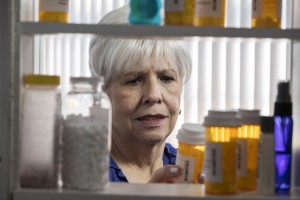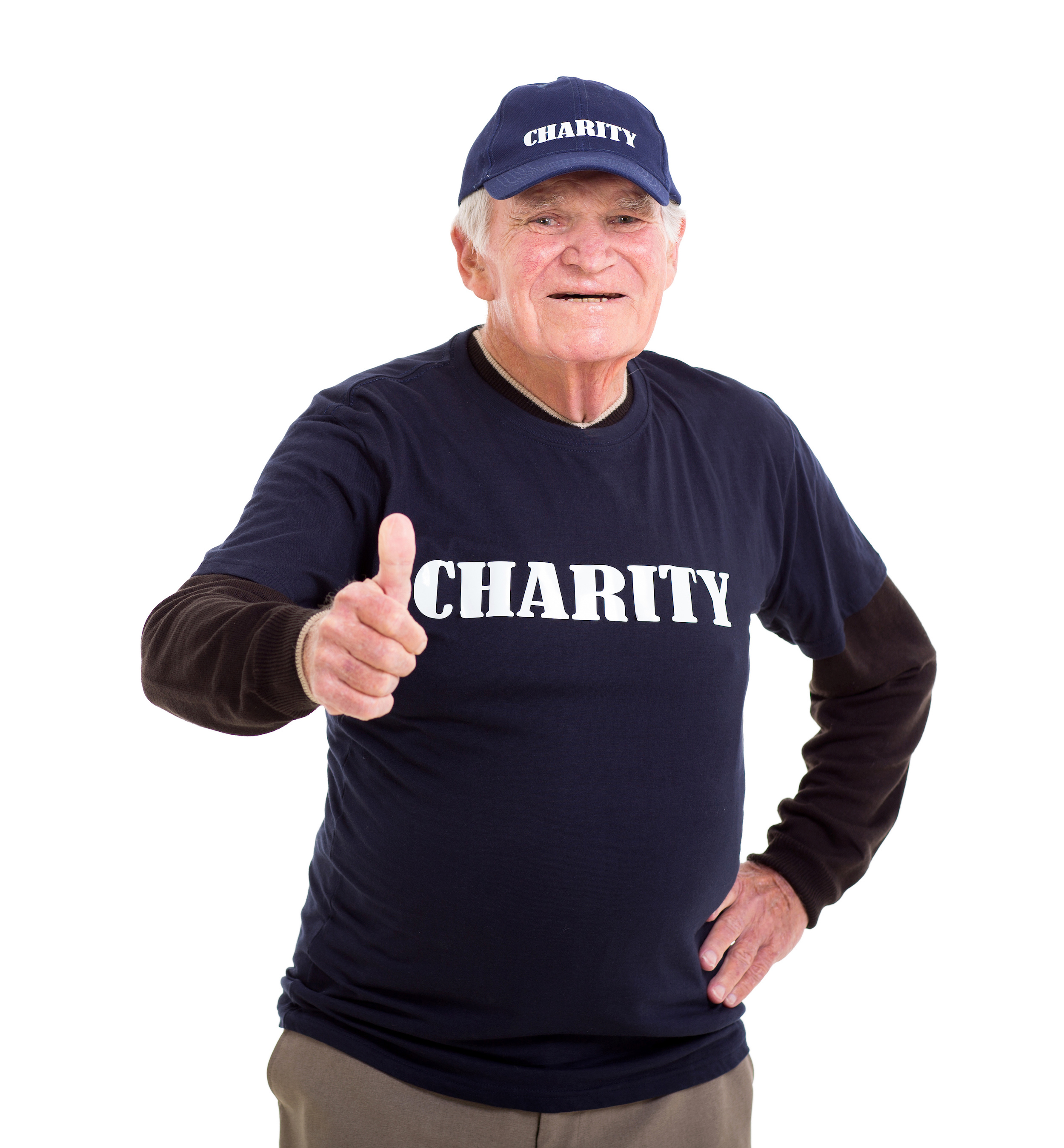Medication and Senior Falls – What’s the Story?
 According to the Centers for Disease Control and Prevention (CDC), falls are the leading cause of injury and death among older people in the U.S. In a single recent year, older Americans suffered 29 million falls, resulting in 7 million injuries, at an estimated $31 billion in annual Medicare costs. The CDC reports that falls among older people are increasing in the U.S., with more than 27,000 fall deaths among older adults occurring every year.
According to the Centers for Disease Control and Prevention (CDC), falls are the leading cause of injury and death among older people in the U.S. In a single recent year, older Americans suffered 29 million falls, resulting in 7 million injuries, at an estimated $31 billion in annual Medicare costs. The CDC reports that falls among older people are increasing in the U.S., with more than 27,000 fall deaths among older adults occurring every year.
What is causing the rise of fall-related deaths and injuries? One contributing factor is the aging Baby Boomer generation, with 10,000 people in the U.S. turning 65 every day. Another contributing factor is medications prescribed for the elderly. According to a study published by the National Institutes of Health (NIH), several types of drugs prescribed to older adults can significantly increase the risk of falling.
Which Types of Drugs Increase the Risk of Falling?
The above-mentioned study published by NIH is titled “Drug-related falls in older patients: implicated drugs, consequences, and possible prevention strategies.” The study concluded that fall risk increases with the number of drugs used and that polypharmacy (the use of 3 or more drugs) is a major risk factor for falls among older people.
Researchers identified certain types of drugs that increase the risk of falling:
- Hypnosedatives: These drugs are widely prescribed to older adults to treat sleeping disorders and anxiety. Benzodiazepines are the type of hypnosedative most commonly used in community dwelling for older people (nursing homes and assisted living). Numerous studies have shown an association between benzodiazepines and falls or fractures.
- Antidepressants: As early as 1987, a large case-control study found a link between tricyclic antidepressants and the risk of hip fracture among people age 65 and older. These drugs may cause sleep disruption, daytime sleepiness, impaired balance, and confusion.
- Antipsychotics: In a recent study, researchers evaluated the relationship between psychotropic drugs and falls among nursing home residents with dementia. The study found that antipsychotics increased the risk of falling and that the hazard ratio was significantly affected by dosage.
An article published by the American Family Physician states that any medication likely to affect balance increases the risk of falling. It provides a table of drugs that may increase the risk of falls, which includes hypnosedatives, antidepressants, and:
- Cardiac medications
- Hypoglycemic agents (anti-diabetic drugs)
- Nonsteroidal anti-inflammatory drugs
- Blood pressure medications
- Major tranquilizers
- Anticholinergics (medications to treat urinary incontinence, obstructive pulmonary disorder, and other conditions)
- Corticosteroids (medications to treat asthma and certain allergies)
Falls Can Be Prevented
More than 30% of U.S. adults over the age of 65 fall at least once every year. As we age, muscles weaken and bones become more fragile, increasing the risk of serious injury from a fall.
Statistically, older people are more likely to suffer a serious fall than younger people, but that does not mean that falls are unpreventable. Seniors can take precautions to help reduce the risk, such as having their eyes checked, eliminating fall hazards, and participating in strength-balance training programs, such as Tai Chi.
Medications are a common cause of falls that is frequently overlooked by healthcare professionals. To help prevent falls among the elderly, CDC recommends that healthcare providers:
- Ask their patients if they feel unsteady or worry about falling, or if they have fallen within the past year
- Recommend vitamin D supplements
- Review medications and stop, switch or reduce the dosage of drugs that could increase the risk of falls
In case a fall occurs, it makes sense to wear a medical alert device that allows you to get help on the way immediately. Prompt medical attention can make a difference in the outcome after a serious fall. Your medical alert device may be a bracelet or pendant you can wear at all times, even in the shower. Our medical alert reviews can help you select a medical alert device and system to suit your needs.



